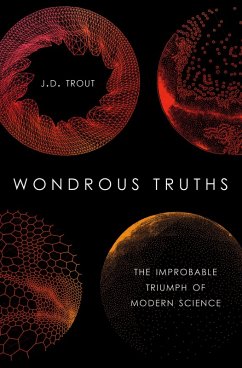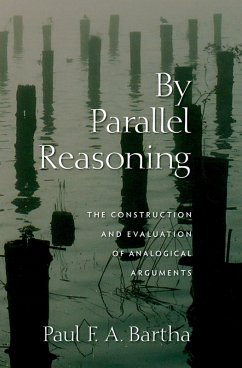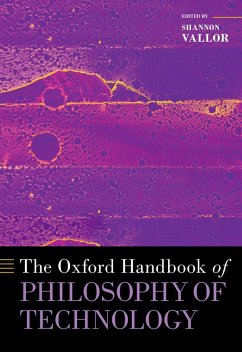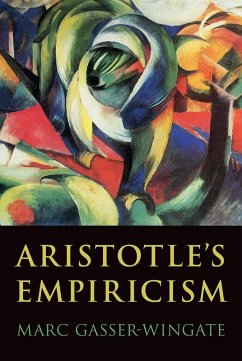
Empiricisms (eBook, PDF)
Experience and Experiment from Antiquity to the Anthropocene
Versandkostenfrei!
Sofort per Download lieferbar
43,95 €
inkl. MwSt.
Weitere Ausgaben:

PAYBACK Punkte
22 °P sammeln!
In this sweeping volume of comparative philosophy and intellectual history, Barry Allen reassesses the values of experience and experiment in European and world traditions. His work traces the history of empirical philosophy from its birth in Greek medicine to its emergence as a philosophy of modern science. He surveys medical empiricism, Aristotlean and Epicurean empiricism, the empiricism of Gassendi and Locke, logical empiricism, radical empiricism, transcendental empiricism, and varieties of anti-empiricism from Parmenides to Wilfrid Sellars. Throughout this extensive intellectual history,...
In this sweeping volume of comparative philosophy and intellectual history, Barry Allen reassesses the values of experience and experiment in European and world traditions. His work traces the history of empirical philosophy from its birth in Greek medicine to its emergence as a philosophy of modern science. He surveys medical empiricism, Aristotlean and Epicurean empiricism, the empiricism of Gassendi and Locke, logical empiricism, radical empiricism, transcendental empiricism, and varieties of anti-empiricism from Parmenides to Wilfrid Sellars. Throughout this extensive intellectual history, Allen builds an argument in three parts. A richly detailed account of history's empiricisms in Part One establishes a context in Part Two for reconsidering the work of the radical empiricists--William James, Henri Bergson, John Dewey, and Gilles Deleuze, each treated in a dedicated chapter. What is "radical" about them is their effort to return empiricism from epistemology to the ontology and natural philosophy where it began. In Part Three, Allen sets empirical philosophy in conversation with Chinese tradition, considering technological, scientific, medical, and alchemical sources, as well as selected Confucian, Daoist, and Mohist classics. The work shows how philosophical reflection on experience and a profound experimental practice coexist in traditional China with no interaction or even awareness of each other, slipping over each other instead of intertwining as they did in European history, a difference Allen attributes to a different understanding of the value of knowledge. Allen's book recovers empiricism's neglected, multi-textured contexts, and elucidates the enduring value of experience, to arrive at an idea of what is living and dead in philosophical empiricism.
Dieser Download kann aus rechtlichen Gründen nur mit Rechnungsadresse in A, B, BG, CY, CZ, D, DK, EW, E, FIN, F, GR, HR, H, IRL, I, LT, L, LR, M, NL, PL, P, R, S, SLO, SK ausgeliefert werden.













